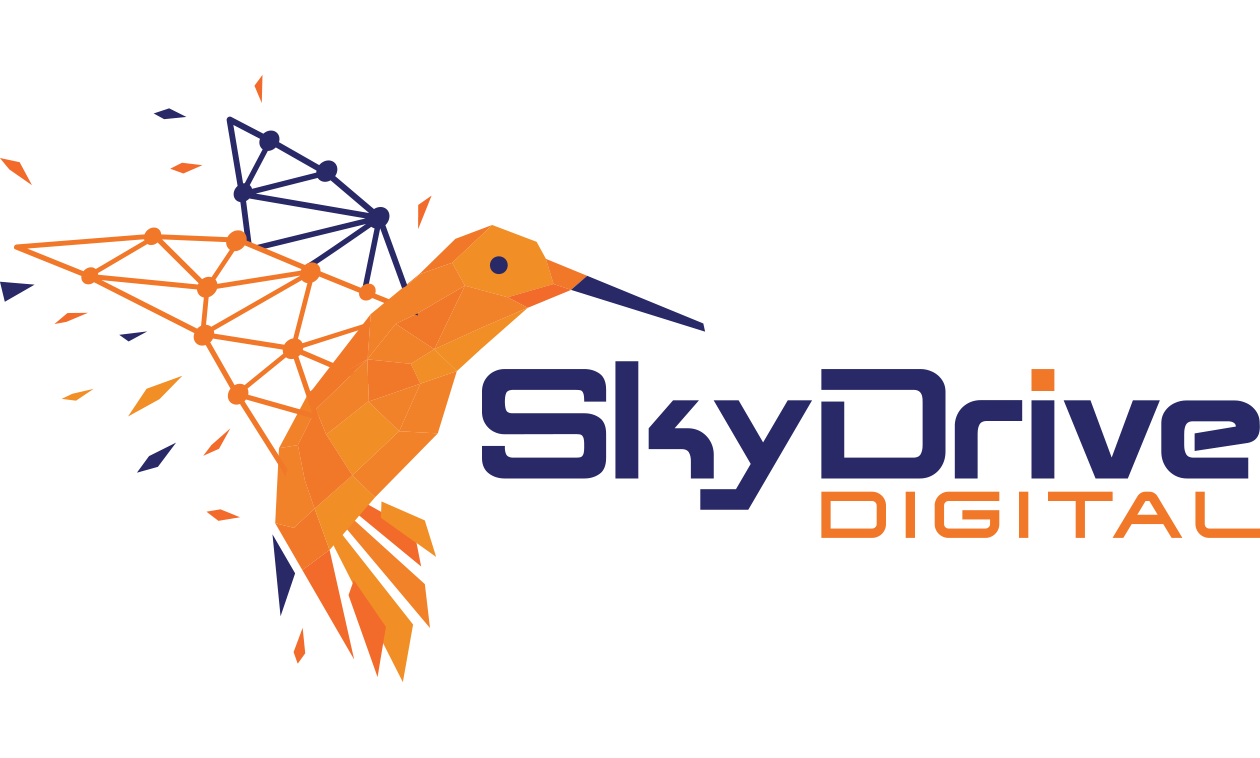This is a subtitle for your new post

Artificial intelligence (AI) has been around for a while, (who remembers the term ‘fuzzy logic’ in the late 70’s? – yes, that long ago…) and the number of AI content creation tools has increased dramatically in recent years. Even while AI may often greatly benefit your company, those involved in marketing and content production positions are frequently aware to its drawbacks. There are legitimate concerns over the effect of extremely sophisticated technologies like Jasper and ChatGPT on SEO results, even though they appear to be able to replicate human-written text so accurately that it might be published.
This post will go into greater detail on how the introduction of artificial intelligence into the web has affected and continues to effect SEO.
We are one of the companies that can manage the SEO of your website if you're unsure how to employ or compete with AI.
Simply put,
SEO intelligence is the application of AI technology to enhance SEO functionality, which in turn raises a website's search engine ranks.
Is this an improvement on how SEO was used before?
In order to identify the most valuable pages to recommend in response to certain search queries, Google has long used artificial intelligence (AI) algorithms. Google consistently puts the user experience first and is quite good at recommending websites that meet its "E-E-A-T" criteria, which stand for Experience, Expertise, Authoritativeness, and Trustworthiness. Ideally, authors and publications should exhibit these four values in order to achieve a high Google ranking. Additionally crucial are general SEO best practices like social media presence, strong link-building, and keyword inclusion.
Because Google updates its algorithm thousands of times a year and several times a day, it is a well know fact that its hard to consistently rank well. They make it tough for authors to use shortcuts, and rightfully so, in order to preserve their own credibility as a search engine. Updating pages frequently to maintain their relevance is the best method to guarantee consistency.
What’s Google’s stance on this?
The use of AI-written or partially AI-written content in search results is not strictly prohibited by Google. Google explained its stance on search engine results and how their algorithm is "designed to surface reliable information" in an update released in February 2023. Reiterating that in order to reward high-quality content, EEAT (Experience, Expertise, Authoritativeness, Trustworthiness) should come first.
Google talks about the unethical use of automation to sway search engine rankings and how its SpamBrain tool is still working to filter out these cases. With that being said, they acknowledge that with the most recent advancements, AI tools are capable of creating helpful content that offers sound, well-researched information.
Google will only penalize AI-written material if it is spammy, useless, and intended to influence rankings. There is no reason why the content shouldn't rank well if it is actually beneficial. However, the process cannot be fully automated because AI tools are unable to verify their own information for accuracy or for spam; this step still requires human editing.
How can AI help my business website rank better?
Well, it can help in a number of ways – but you have use it strategically. Firstly, use it as an assistant to creating great content. It is not a substitute. It would be advised not use directly-generated AI content, as although there is not ‘clear’ rule against using it by Google, the algorithms do tend to treat with suspicion, as it sometimes comes across as deliberately written to manipulate search results in your favour. In addition, its also worth checking the accuracy, as ultimately, and AI tool is just that – a tool, so can’t be 100% trusted that the content and facts it generates are always accurate. So its always advisable to aim for Google’s EEAT values yourself (or some other human!)
But, if you prefer to not take the risk at all, and not use AI for any content generation, there are other ways it could useful:
Coming up with ideas for content
o Artificial intelligence (AI) tools can be useful in supporting the content production ideation process. Using them as a brainstorming tool is a clever method to maximize your time and come up with ideas while utilizing AI without hurting your search engine rankings.
oAdditionally, you can request that ChatGPT restructure content from an article into other formats, including social media postings, which will boost both your website's authority and social media presence.
· Spotting useful keywords
· o AI tools are a very practical method for finding keywords. You can utilize an AI tool to find less crowded keywords, themes, and other SEO chances because the most popular search phrases are already very competitive. You can accomplish the ultimate goal of drawing relevant traffic to your content by improving your website's exposure through the use of relevant keywords and improved rankings.
· Identifying content gaps
o This is a method of optimising your website as a whole, rather than just your individual pieces of content. Using a tool to discover content gaps in your existing website content is a great way to target less popular topics or topics you may have overlooked
· Staying current with algorithm updates
· o By thoroughly scanning your website, AI tools can find any potential vulnerabilities that could result in penalties. This enables you to alter things as needed before it's too late.
AI is undoubtedly a great and potentially valuable instrument that is already altering how we produce, handle, and disseminate knowledge. Now is a great time to start investigating how AI tools can raise your SEO rankings, as many websites and content writers are already utilizing them.
We'd love to know your exact needs so that we can provide the perfect solution. Let us know what you want and we'll do our best to help.
Contact Us
We will get back to you as soon as possible.
Please try again later.

